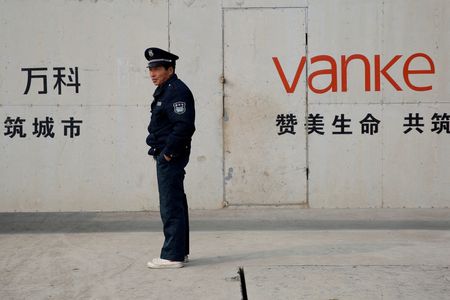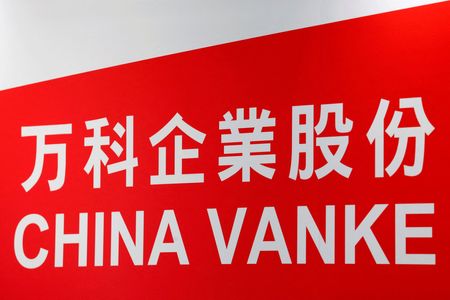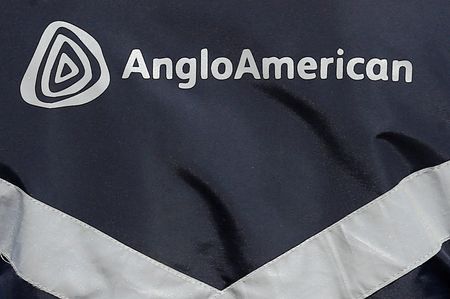(Reuters) – Chinese authorities are considering a plan to assist China Vanke in covering a funding shortfall of about 50 billion yuan ($6.84 billion) this year, enabling the property developer to repay its public and private debt, Bloomberg News reported.
The proposal involves regulators allocating 20 billion yuan in special local government bonds to buy unsold properties and vacant land from Vanke, the report on Wednesday said, citing people familiar with the matter.
Last month, the government of Shenzhen, where Vanke is based, stepped in to reshuffle the firm’s senior management to increase state oversight and manage any non-repayment risks amid concerns over its more than 30 billion yuan public bonds maturing this year.
On Monday, major shareholder Shenzhen Metro, a state-owned enterprise, agreed to provide Vanke with a 2.8 billion yuan loan on better-than-market terms.
Bloomberg reported that Vanke and its affiliates will also be allowed to tap other financing sources including new bond sales and bank loans for debt payments, although details of the plan could still change.
Shares of the company, grappling with a liquidity crisis and weak sales due to China’s ailing property sector, rose more than 16% in Hong Kong trading. Its Shenzhen-listed shares gained 10%.
The sector also rallied, with the Hang Seng Mainland Properties Index closing up 5.9. Shares of Sunac jumped 20.8%, while state-backed Sino Ocean and Shimao Group surged more than 15%.
China Vanke said in a statement it will “go all out” to raise funds through operations and financing for the public bond obligations due in 2025. It also pledged to continue to accelerate asset sales and exit its non-core businesses for the repayments.
Investors view the non-repayment risks of Vanke as a litmus test of homebuyer confidence, which has shown signs of stabilising in recent months. They worry that banks could further shut off financing to the sector, squeezing developers – even state-owned ones – that have not defaulted.
($1 = 7.3084 Chinese yuan)
(Reporting by Rajveer Singh Pardesi in Bengaluru and Clare Jim in Hong Kong; Editing by Sonia Cheema and Jacqueline Wong)












